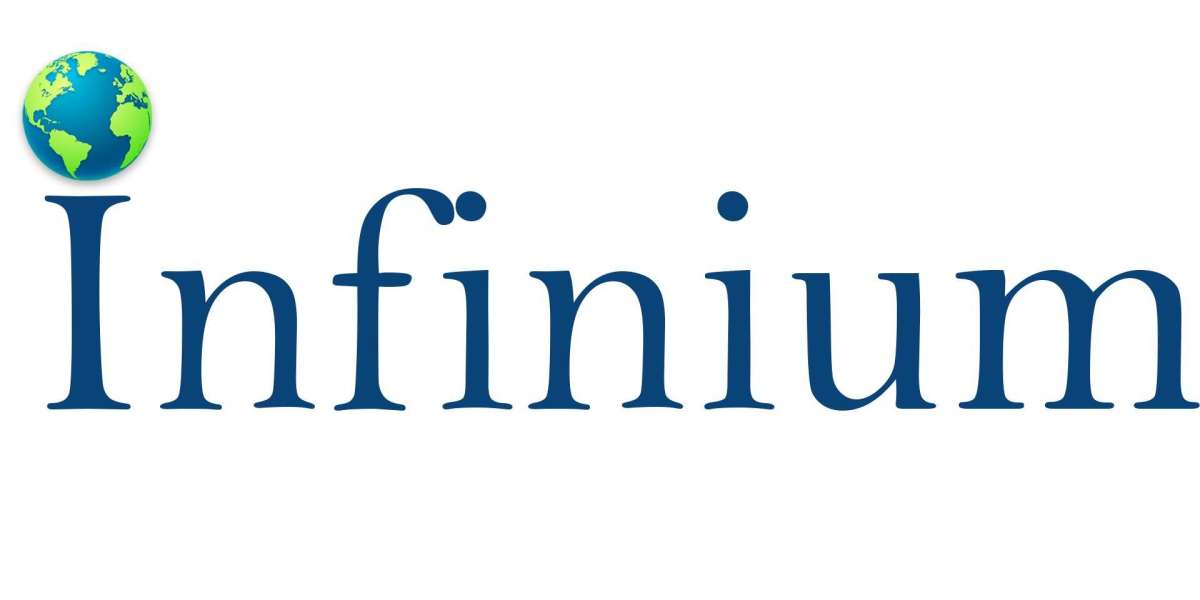Market Overview
Product Information Management (PIM) systems are essential tools for businesses aiming to centralize, manage, and distribute product information efficiently. These systems help in maintaining consistent and accurate product data, which is crucial for enhancing customer experience, improving sales, and ensuring compliance with industry regulations. The global PIM market is expanding rapidly due to the growing emphasis on digital transformation, the need for effective product data management, and the increasing complexity of product information.
Key Market Drivers
- Digital Transformation and E-commerce Growth: The proliferation of e-commerce and digital channels has significantly increased the volume and complexity of product information that businesses need to manage. PIM systems enable companies to provide consistent and accurate product data across all channels, enhancing the customer experience and driving sales growth.
- Need for Enhanced Customer Experience: Consumers today expect detailed and accurate product information before making purchase decisions. PIM systems help businesses meet these expectations by ensuring that all product information is up-to-date, comprehensive, and accessible across various platforms.
- Regulatory Compliance: Compliance with industry regulations and standards is crucial for businesses, especially those operating in sectors such as healthcare, pharmaceuticals, and food beverages. PIM systems assist companies in maintaining accurate product data, thereby ensuring compliance with regulatory requirements.
- Integration with Other Systems: Modern PIM solutions offer seamless integration with other enterprise systems such as ERP, CRM, and e-commerce platforms. This integration helps in streamlining business processes, reducing data redundancy, and improving overall efficiency
Sample pages of Report: https://www.infiniumglobalresearch.com/reports/sample-request/26730
Market Segmentation
The global PIM market can be segmented based on several criteria, including deployment mode, industry vertical, and region.
- By Deployment Mode: The market is divided into on-premise and cloud-based solutions. Cloud-based PIM solutions are gaining popularity due to their scalability, cost-effectiveness, and ease of implementation.
- By Industry Vertical: Key industry verticals utilizing PIM systems include retail, manufacturing, healthcare, and BFSI (Banking, Financial Services, and Insurance). The retail sector is a major adopter of PIM solutions due to the high volume and diversity of product information.
- By Region: Geographically, the market is segmented into North America, Europe, Asia-Pacific, and the Rest of the World. North America and Europe are leading regions due to the high adoption rate of advanced technologies and the presence of major PIM vendors.
Competitive Landscape
The PIM market is highly competitive, with several key players striving to expand their market share through product innovation, mergers, and acquisitions. Some of the prominent players in the market include:
- SAP SE
- Oracle Corporation
- Informatica
- Stibo Systems
- Riversand Technologies
- Salsify
These companies are focusing on enhancing their product offerings and expanding their customer base through strategic partnerships and collaborations.
Report Overview: https://www.infiniumglobalresearch.com/reports/global-product-information-management-pim-market
Future Trends and Opportunities
- Artificial Intelligence and Machine Learning: The integration of AI and ML technologies into PIM systems is expected to revolutionize the market. These technologies can enhance data accuracy, automate data management processes, and provide predictive analytics, thereby improving decision-making
- Focus on Data Security and Privacy: With the increasing volume of product data being managed, ensuring data security and privacy is becoming a top priority for businesses. PIM vendors are investing in advanced security features to protect sensitive product information.
- Expansion in Emerging Markets: The PIM market is expected to witness significant growth in emerging markets such as Asia-Pacific and Latin America. The rapid digitalization and the growth of e-commerce in these regions present lucrative opportunities for PIM vendors.
- Customizable and Scalable Solutions: There is a growing demand for customizable and scalable PIM solutions that can cater to the specific needs of different businesses. Vendors are focusing on offering flexible solutions that can adapt to changing business requirements.
Conclusion
The global Product Information Management (PIM) market is poised for robust growth in the coming years, driven by the increasing need for efficient product data management, the rise of e-commerce, and the integration of advanced technologies. Businesses across various industry verticals are recognizing the importance of PIM systems in enhancing customer experience, ensuring compliance, and improving operational efficiency. As the market continues to evolve, stakeholders must stay abreast of the latest trends and leverage emerging opportunities to gain a competitive edge.



